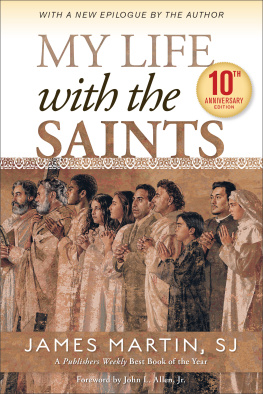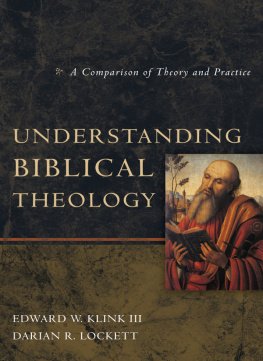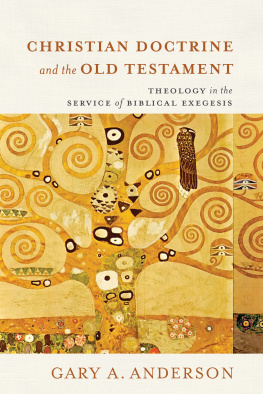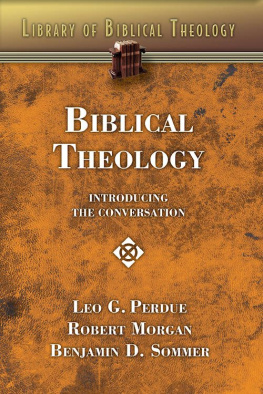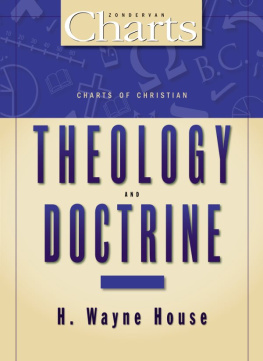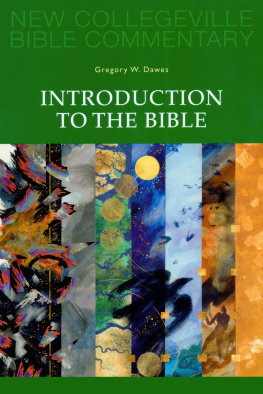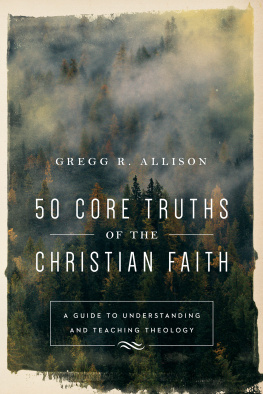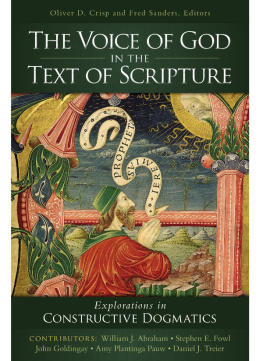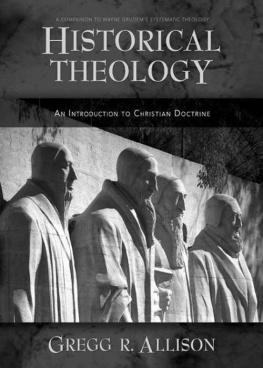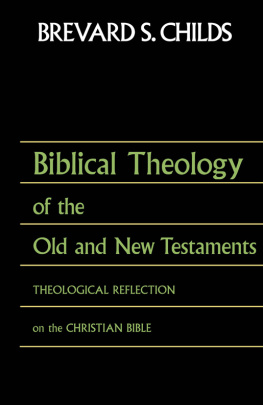Biblical Truths
Biblical Truths
The Meaning of Scripture in the Twenty-first Century
DALE B. MARTIN
Yale UNIVERSITY PRESS
New Haven and London
Copyright 2017 by Yale University.
All rights reserved.
This book may not be reproduced, in whole or in part, including illustrations, in any form (beyond that copying permitted by Sections 107 and 108 of the U.S. Copyright Law and except by reviewers for the public press), without written permission from the publishers.
Yale University Press books may be purchased in quantity for educational, business, or promotional use. For information, please e-mail (U.K. office).
Set in Minion type by Newgen North America.
Printed in the United States of America.
Library of Congress Control Number: 2016948023
ISBN 978-0-300-22283-8 (hardcover : alk. paper)
A catalogue record for this book is available from the British Library.
This paper meets the requirements of ANSI/NISO Z39.481992 (Permanence of Paper).
10 9 8 7 6 5 4 3 2 1
To Sarah Beckwith
Contents
Acknowledgments
I can unfortunately not name everyonein churches, schools, and other audienceswho has offered encouragement and remarks on the writing of this book, but I really must thank the following for quite explicit feedback and concrete suggestions for improvements: Kathy Ehrensperger, Kathryn Greene-McCreight, Samuel Loncar, Frank Matera, David Wheeler Reed, Kari Wheeler Reed, Andrew Steffan, Michael Thate, Graham Ward, Michael Zimm, and my sister, Ferryn Martin. I especially thank the students in the course Theology and the New Testament, taught at Yale University and Yale Divinity School in 2015, and my co-teacher for the course, Kathryn Tanner. I wish to thank the Department of Theological Studies at St. Louis University for supporting me as the Danforth Visiting Professor of Theological Studies during the final stages of preparing the book for publication. Thanks are due also to my research assistant in the same department, Michael Trotter, for compiling the author and scripture indexes. The book is dedicated to Sarah Beckwith, a wonderful and close friend of long standing and one of my best theological dialogue partners.
Abbreviations
| CBQ | Catholic Biblical Quarterly |
| HTR | Harvard Theological Review |
| JB | Jerusalem Bible |
| JBL | Journal of Biblical Literature |
| JRS | Journal of Roman Studies |
| JSNT | Journal for the Study of the New Testament |
| JTS | Journal of Theological Studies |
| K | C. G. Khn. Claudii Galeni Opera omnia. Paris: De Boccard, 2003; reprint of edition 182123. |
| KJV | King James Version |
| LCL | Loeb Classical Library |
| LSJ | A Greek-English Lexicon. Compiled by Henry George Liddell and Robert Scott. Revised and augmented by Henry Stuart Jones, with the assistance of Roderick McKenzie. With a Supplement 1968. Oxford: Clarendon, 1968. |
| LXX | The Septuagint |
| NEB | New English Bible |
| NIV | New International Version |
| NOAB | The New Oxford Annotated Bible: with the Apocryphal/Deuterocanonical Books. 3d ed. Edited by Michael D. Coogan. Oxford: Oxford University Press, 2001. |
| NRSV | New Revised Standard Version |
| NTS | New Testament Studies |
| par. | parallels (of similar passages in different Gospels) |
| PG | Patrologia Graeca, edited by J.P. Migne |
| RSV | Revised Standard Version |
| TDNT | Theological Dictionary of the New Testament |
| ZKTh | Zeitschrift fr katholische Theologie |
Biblical Truths
Introduction
Around 1800 a genre of theological scholarship arose that proposed to instruct modern Christians about how they should interpret their Bibles. Variously known as biblical theology, theology of the Old Testament, New Testament theology, or some variation on those terms, such books told peopleor at least sufficiently modern peoplewhat were good and what were bad ways of reading the Bible, showing how to interpret the Bible looking for its history but ultimately for its theology. The purpose of this introductory chapter is to tell the story of that genre and to critique it. The purpose of the rest of the book is to offer an alternative.
Before modernity, Christians read their scriptures as if the text were the voice of God speaking directly to them. When the Apostle Paul refers to a scriptural text, for example, he simply says, the writing says or, to translate a bit more piously, scripture says.the words of the text said. They acknowledged that David was the author of the Psalms (they thought, usually, that he was the author of all of them), that Solomon was the author of Proverbs and a few other books, and that Paul was the author of the letters that bore his name, but for ancient or medieval Christians, the main voice of the text was the text itself. The text was its own agent and had its own voice. People considered that the text was what was speaking, not a historically reconstructed author behind the text.
These premodern Christians also believed that the text spoke doctrinally and ethically, not just historically. In other words, they didnt feel the need to ascertain what the text meant in its historical context before they could ascertain what it meant for themselves.
In a sense, what Im saying is that, before modernity, theology and biblical scholarship were the same thing. Medieval education in dogma and theology was fashioned around the reading of scripture. Scripture was assumed to be itself theology. And biblical writers were assumed to be speaking directly to the needs of the church in the year 500, or 1000, or 1300.
Though Im greatly simplifying a complex historical development, I think it is fair to say that things began to change around 1800, at first, admittedly, only among scholars but eventually among many lay Christians in the pews. Beginning around 1800 the idea started gaining ground that a historical account of the meaning of the text of the Bible must precedeand furnish the basis fora theological or doctrinal statement of Christian belief. As I will tell the story below in more detail, scholars began dividing up the duties of scholarship into two different tasks or even disciplines. First, they argued, scholars had to explain what the biblical texts meant in their ancient contexts, what they meant to their ancient authors, what they likely meant to their original readers or auditors. Only after the ancient meaning was established could scholars then apply those ancient meanings to modern Christian uses. In the modern world of theology and biblical studies, scholars began believing that they had to establish first the ancient meaning of the text and only after that ask what doctrine, theology, or ethics modern Christians should derive from those ancient texts today.
In thinking about biblical texts as occupying two different worldsthe ancient and the modernmodern scholars also, probably without realizing it, shifted their attention from the words of the texts themselves to the human author behind the text or the event the text was supposed to be describing. The meaning of the text increasingly became not what is the meaning of the words of the text as they would be read by a competent reader? but, instead, either what happened? or what did the human author intend to say? This was such a subtle shift that most modern readers failed to discern it, assuming, instead, that
Next page


